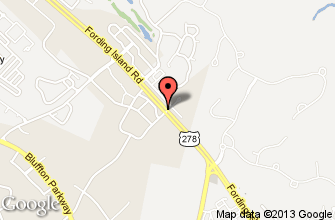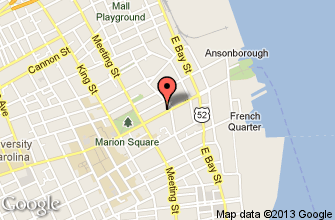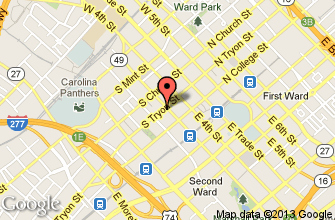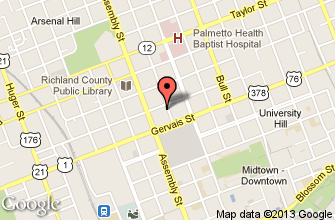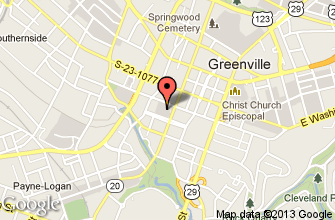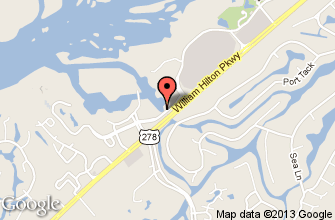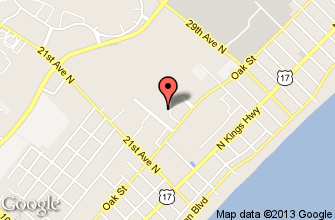News Room
PrintNorthern District of California's Revised Patent Local Rules Require Early Disclosure of Damages InformationAuthored by: Hunter S. Freeman and Lance A. Lawson, P.E.
March
14, 2017
Last month, the Northern District of California revised its Patent Local Rules by adding requirements for early disclosure of damages information. Because the Northern District of California has been a national driving force in establishing patent local rules for nearly two decades, these new revisions and their subsequent application may be the beginning of a trend that could impact patent cases in districts across the country.
In 2000, the Northern District of California enacted its Patent Local Rules, which were the first local rules to address procedural issues unique to patent cases. The Northern District’s Patent Local Rules have served as a model for many other patent-heavy districts, including the Eastern District of Texas and the Southern District of New York.
Over the years, the Northern District of California has revised its Patent Local Rules to further streamline patent litigation by narrowing issues and requiring the disclosure of infringement and invalidity contentions earlier in litigation. As explained in more detail below, the most recent revisions add requirements for the parties to disclose damages-related information: (1) the patentee must identify the categories of damages it is seeking and theories of recovery with factual support; and (2) accused infringers must provide information regarding its sales of the accused products and explain why they disagree with the patentee’s damages theories and calculations.
Parties must disclose initial damages estimates.
The new revisions require the parties (patentees and the accused infringers) to disclose damages information as early as the initial case management conference. Pursuant to Patent Local Rule 2-1(b)(5), the parties now must provide a “non-binding, good-faith estimate of the damages range expected for the case along with an explanation for the estimates.” If a party cannot provide this information, “that party shall explain why it cannot and what specific information is needed before it can do so. Such party shall also state the time by which it should be in a position to provide that estimate and explanation.” See Patent L.R. 2-1(b)(5).
Patentees must produce agreements and marking information.
No later than 14 days after the Case Management Conference, the patentee’s Disclosure of Asserted Claims and Infringement Contentions must also identify the date of first infringement, and the start and end of claimed damages. See Patent L.R. 3-1(h). The patentee must simultaneously produce the following (1) “all agreements, including licenses, transferring an interest in any patent-in-suit;” (2) all agreements the party “contends are comparable to a license that would result from a hypothetical reasonable royalty negotiation;” (3) “all agreements that otherwise may be used to support the party asserting infringement’s damages case;” (4) “documents sufficient to show marking of [the patentee’s or licensees’ product covered by the patent] and if it wants to preserve the right to recover lost profits based on such products, sales, revenues, costs and profits of such embodying accused instrumentalities;” and (5) “all documents comprising a F/RAND commitment with respect to the asserted patent(s).” See Patent L.R. 3-2(f)-(j).
Accused infringers must produce agreements, sales, revenue, cost, and profit information.
Revised Patent Local Rule 3-4 requires the accused infringer to produce with its invalidity contentions (1) all agreements it contends are “comparable to a license that would result from a hypothetical reasonable royalty negotiation;” (2) “documents sufficient to show the sales, revenue, cost, and profits for accused instrumentalities;” and (3) “all agreements that may be used to support the party denying infringement’s damages case.” See Patent L.R. 3-4(c) - (e).
The patentee and accused infringer must provide damages contentions.
Within 50 days of service of the invalidity contentions, the patentee must serve damages contentions that “identify each category(ies) of damages it is seeking, as well as its theories of recovery, factual support those theories, and computation of damages within each category, including: 1. lost profits; 2. price erosion; 3. convoyed or collateral sales; 4. reasonable royalty; and 5. any other form of damages.” See Patent L.R. 3-8(a). Further, to the extent the patentee cannot provide “fulsome” damages contentions, the party must provide the information required to provide a fulsome response. Patent L.R. 3-8(b).
Within 30 days of service of the patentee’s damages contentions, the accused infringer must “identify specifically how and why it disagrees with those contentions” and disclose its “affirmative position on each issue.” See Patent L.R. 3-9. Like the requirement for the patentee, if the accused infringer “contends it is unable to provide a fulsome response to the disclosures required by this rule, [it] shall identify the information it requires.” See Patent L.R. 3-9.
Practical effect of the revisions.
It appears that the intent of the Northern District’s revised Patent Local Rules is to require early damages assessments in order to facilitate settlement negotiations between the parties. The hope is that if the parties have a more clear understanding of the amount and basis for the claimed damages, fewer cases will be tried to a substantive ruling, thereby reducing the cost and expense to the parties and the District’s current patent caseload.
These revisions mark a significant change to patent litigation in the Northern District of California. Given the evolving law surrounding damages in patent law and the substantial costs of patent litigation, the early disclosure of damages contentions may be welcomed by both sides in particular cases.
______________________________________________________________
If you have questions, please contact the authors of this alert, Hunter S. Freeman and Lance A. Lawson, P.E., or a member of the firm's Intellectual Property and Litigation practice groups.
